
The New York Times:
Mme. Marcella Sembrich’s Violetta is likely to become a more popular impersonation than even her Lucia. The performance of Verdi’s opera at the Metropolitan Opera House last night revealed the Hungarian [sic] prima donna in a new light. She had previously displayed her marvelous vocal resources, the rare beauty of her voice, and her admirable technique; last evening she came forward as an actress of no uncertain rank and presented an embodiment of the Lady of the Camellias conceived with excellent taste and well carried out to the end. Mme. Sembrich’s singing of Verdi’s music was, as might have been expected, more than satisfactory. Certain portions of the work seem to be better adapted to the peculiar quality of her voice than the music of either Donizetti or Bellini, which she had hitherto sung here, and without lapsing at any point from the dramatic situation she sang the passionate arias of Violetta with extraordinary facility of execution, which alone would have made the performance a popular success. Her success, however, was of a more substantial sort that that. The “Ah fors e lui” and the succeeding “Sempre libera” were rendered with capital effect, the contrast between the sadness of the [first] strains of this elaborate scena and the reckless abandon of the finale being excellently conceived. In the trying scena with Germont and Alfredo (Act II), and in the later portions of the opera she was pathetic without overstraining the character, and her part in the duet with Alfredo, “Parigi, o cara,” and the demonstrative “Ah, gran Dio” were given a dramatic significance which many former Violettas have hailed to impart to them.
The present revival of “La Traviata” has been effected with judicious liberality. The appearance of that estimable artist, Mme. Lablache, as Flora, and of M. Augier, Signor Contini, and Signor Fornaria in other minor rôles, gave dignity to the ensemble, and made the concerted pieces which conclude the ballroom scene much more effective that it is generally. Signor Del Puente was an admirable Germont and his rendering of the tuneful “Di Provenza” evoked a storm of applause. M. Capoul was Alfredo. A conspicuous feature was made of the ballet divertissement, and that charming danseuse, Mme. Malvina Cavallazzi, whose “pas seul” was beautifully executed, was received with vigorous applause and overloaded with floral gifts. The audience was numerous and enthusiastic.
On this day in 1958 Gian Carlo Menotti‘s elusive opera Maria Golovin premiered on Broadway for five performances.
Birthday anniversaries of mezzo-soprano Biserka Cvejic (1923), composer Nicholas Maw (1935) and tenor Anthony Rolfe Johnson (1940).
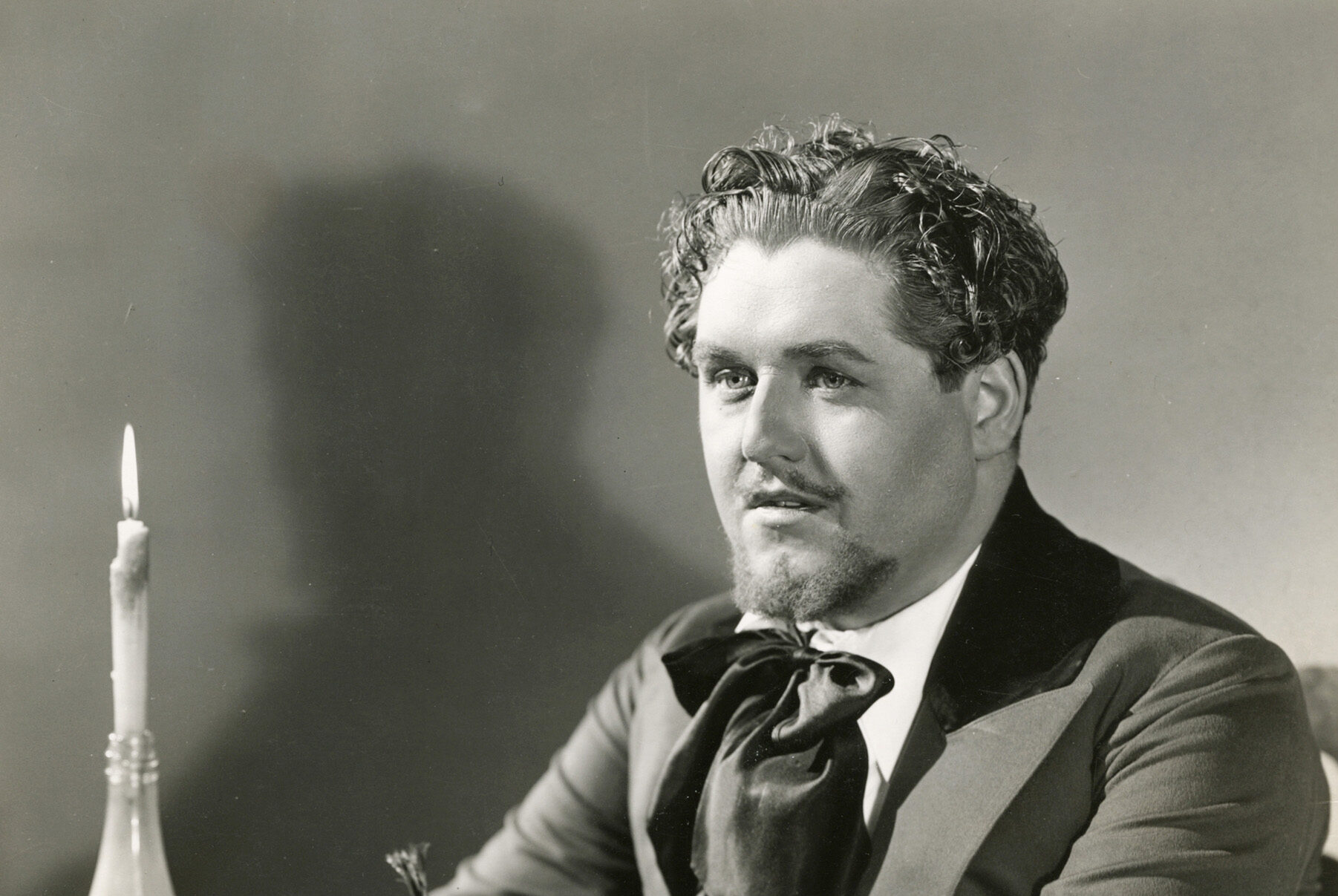
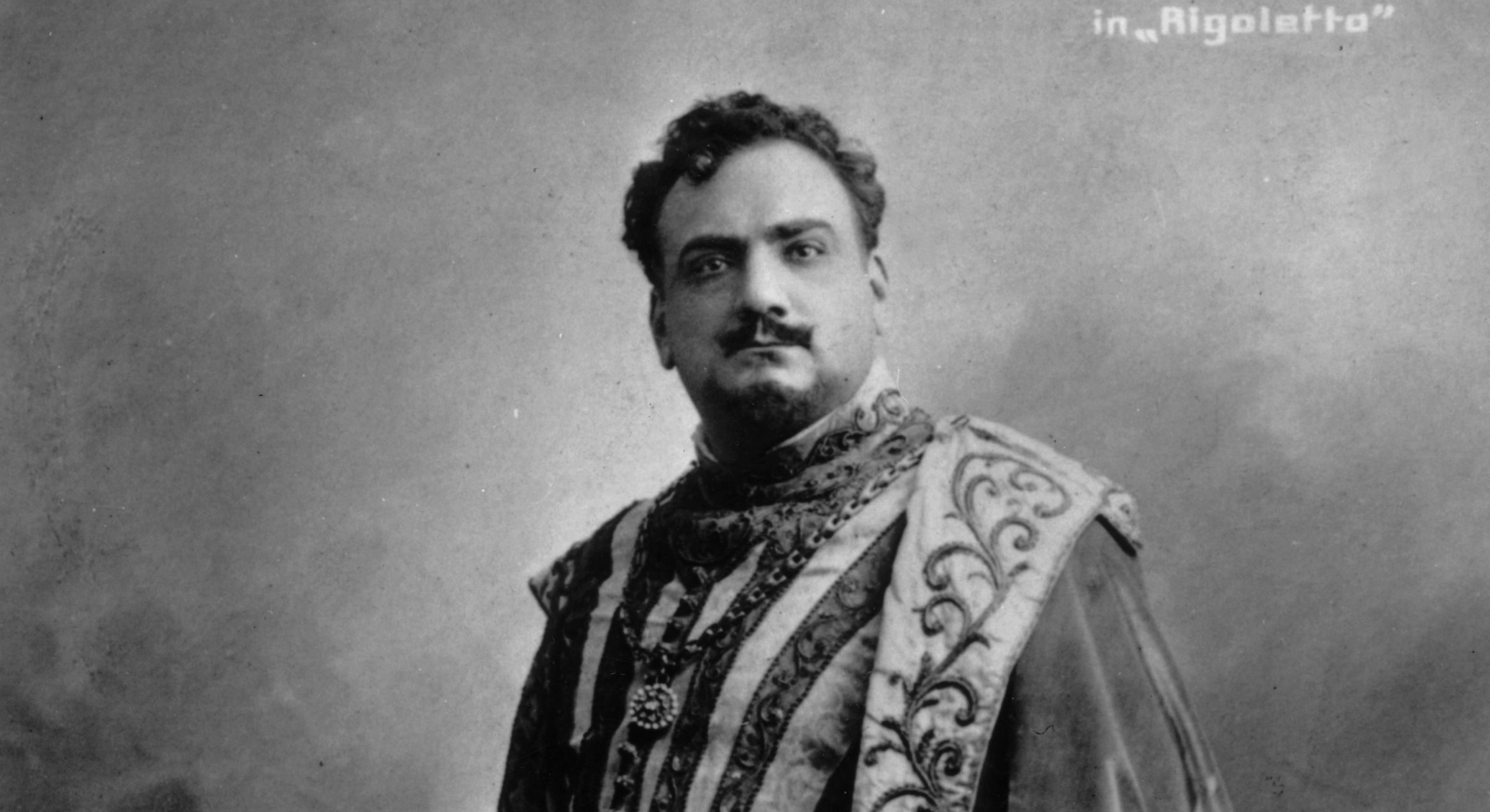
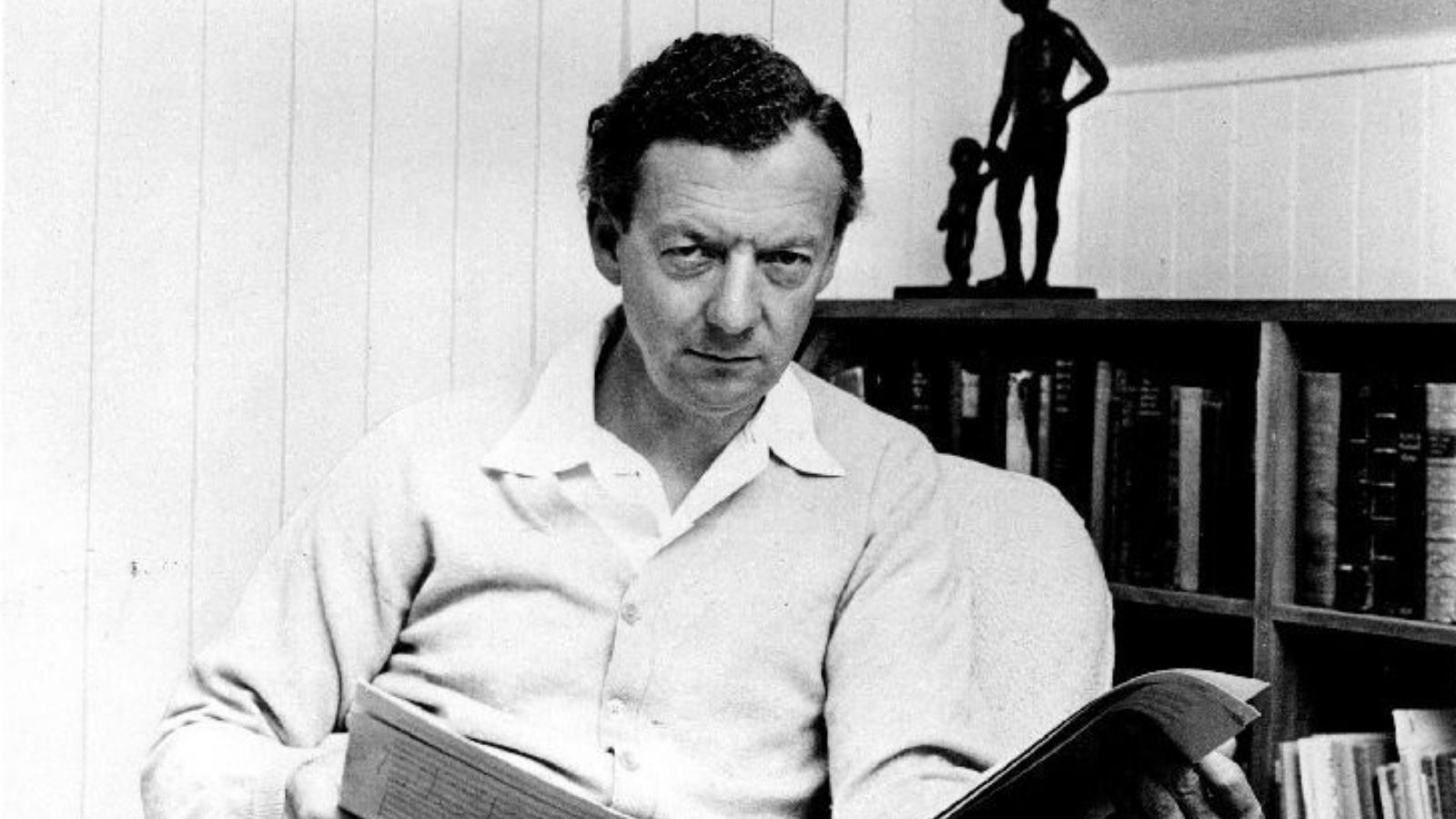
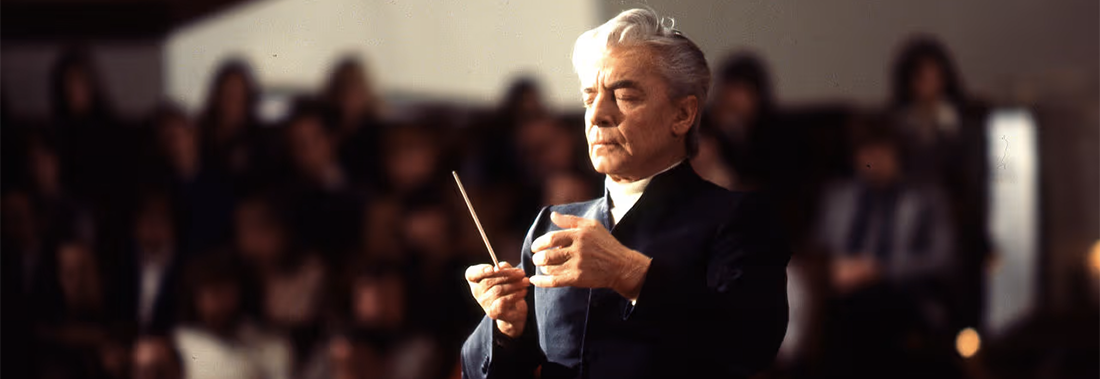
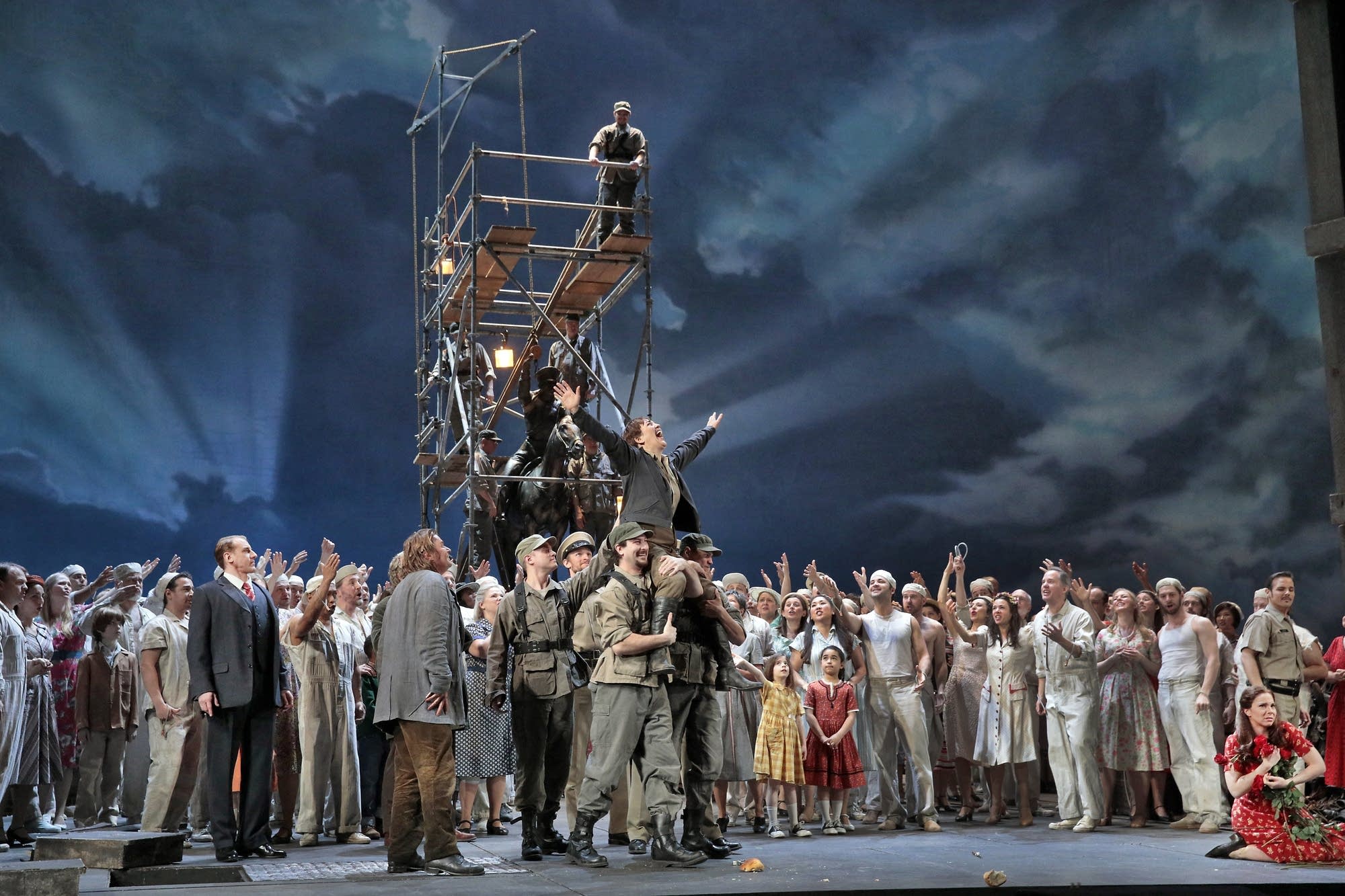
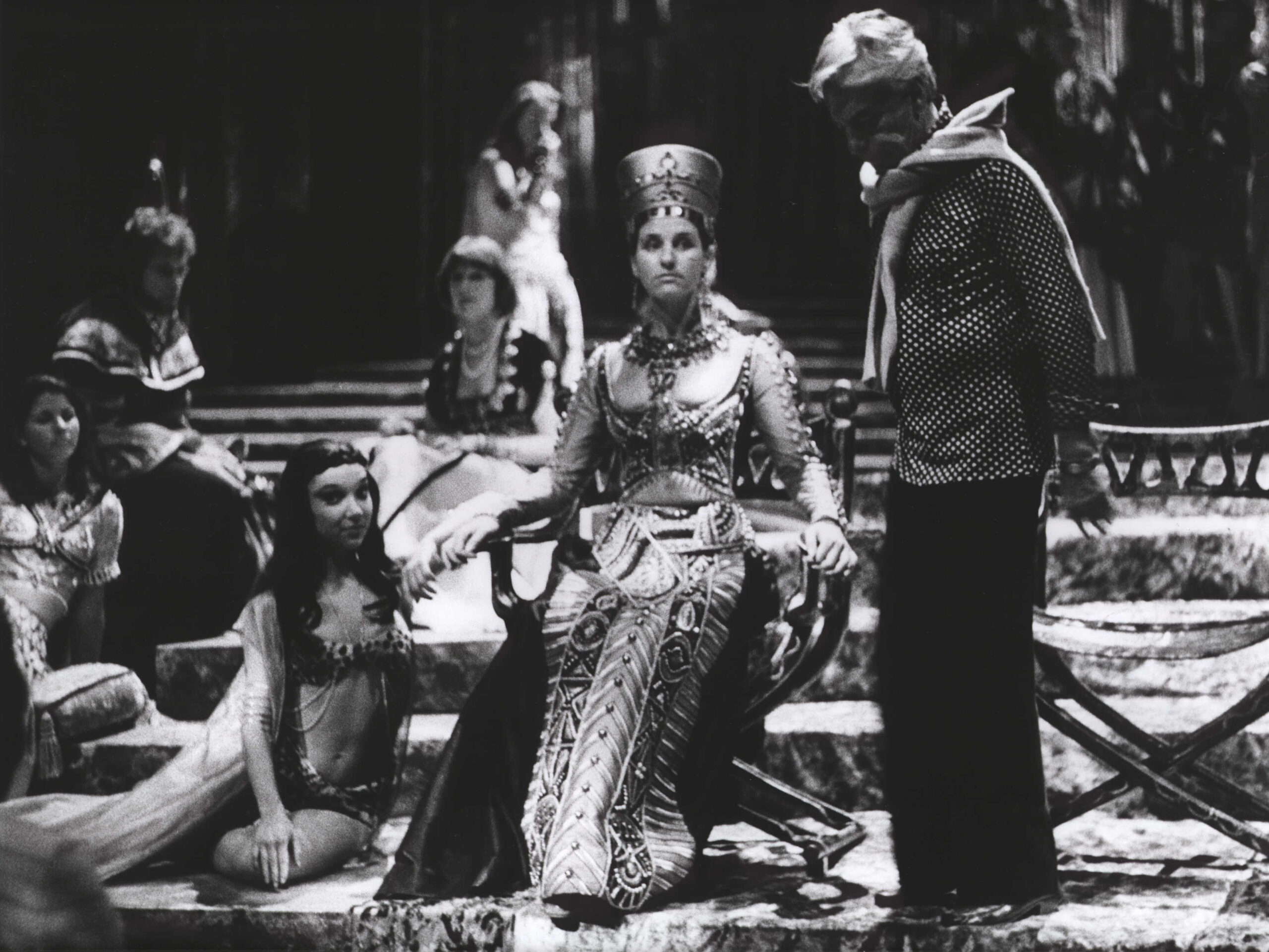
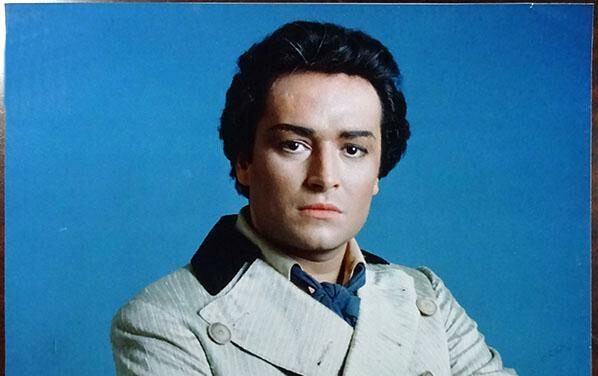
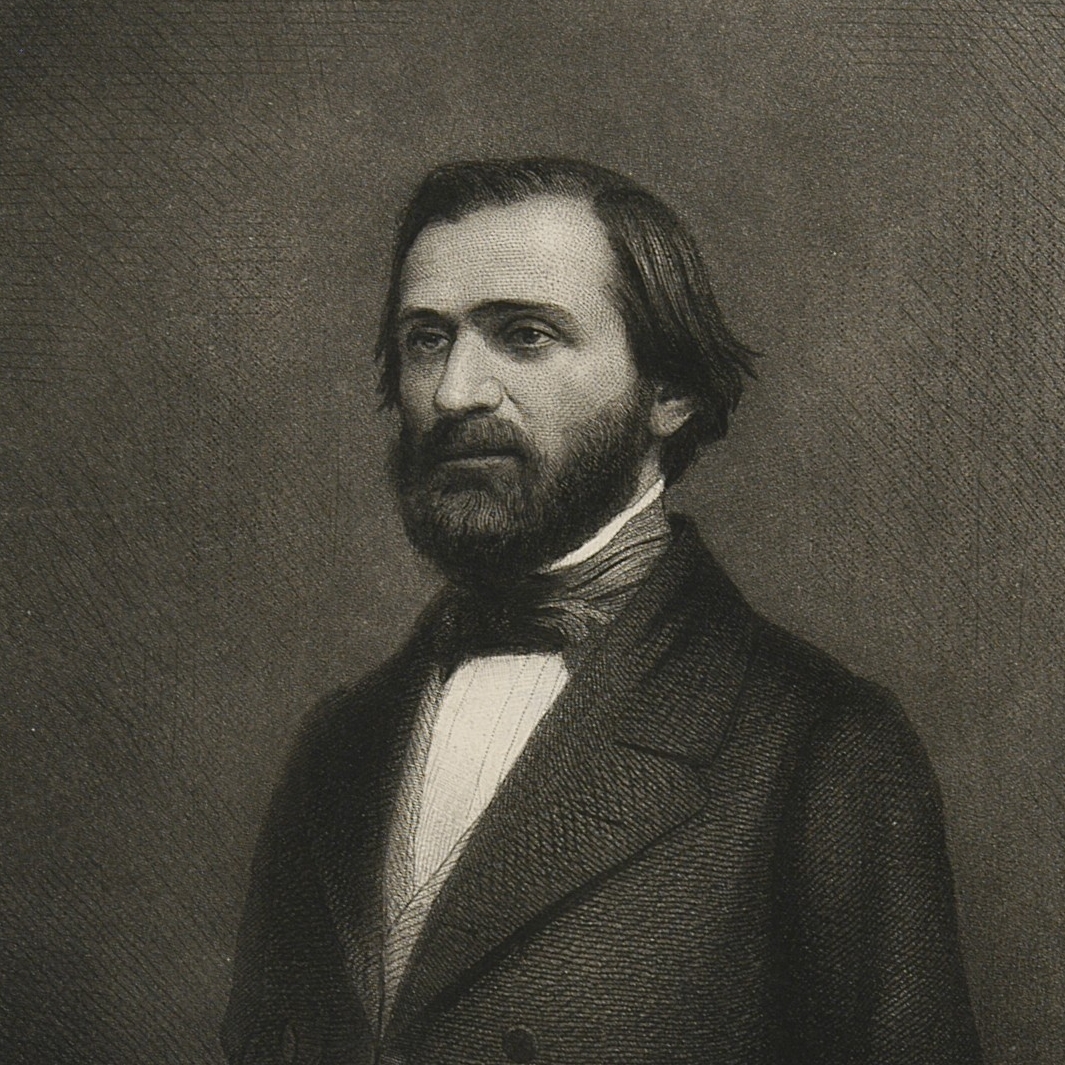
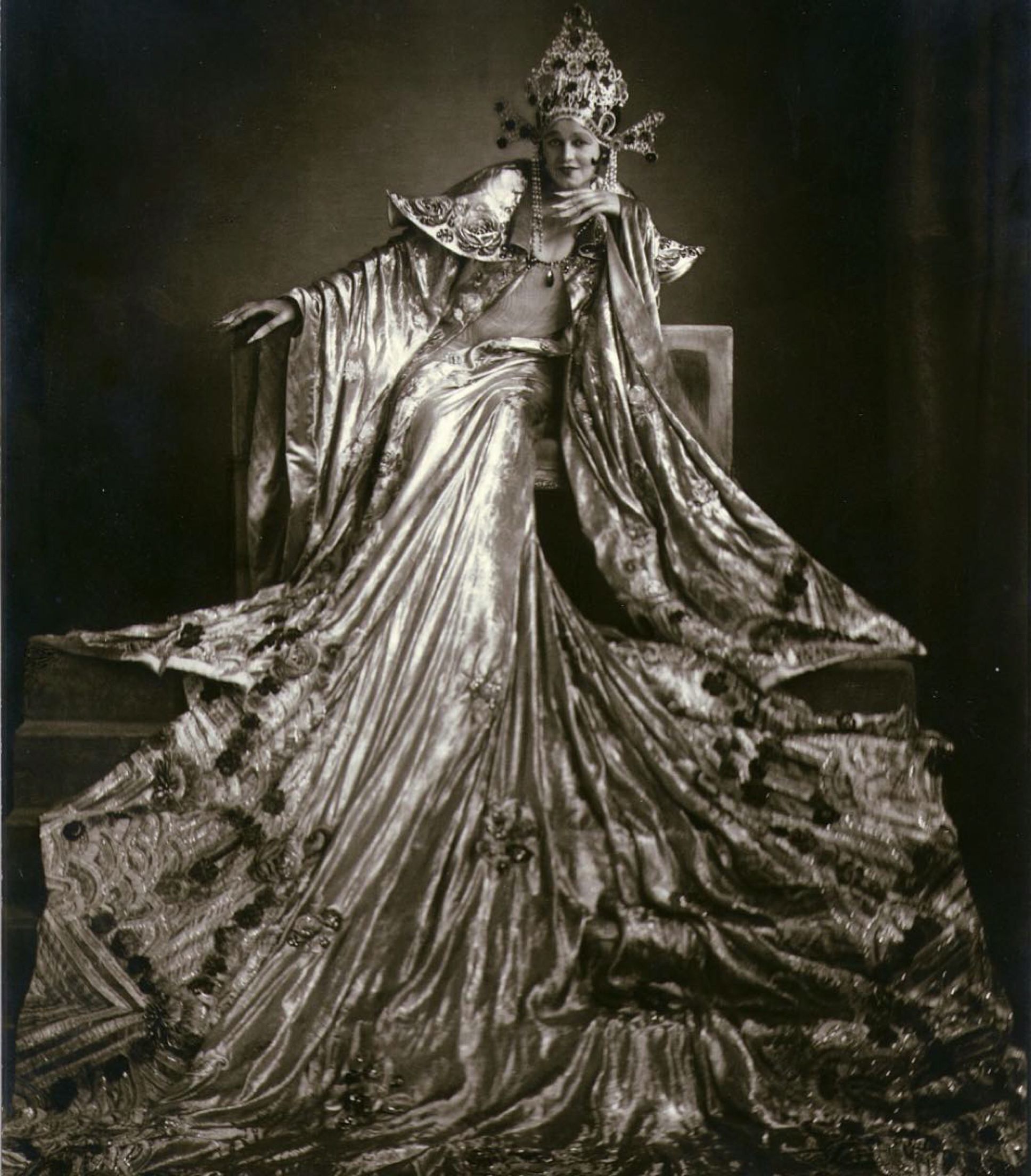
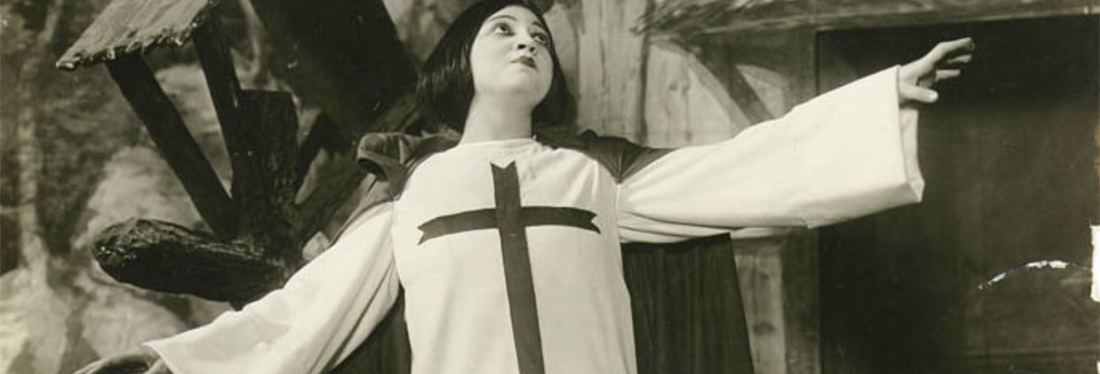
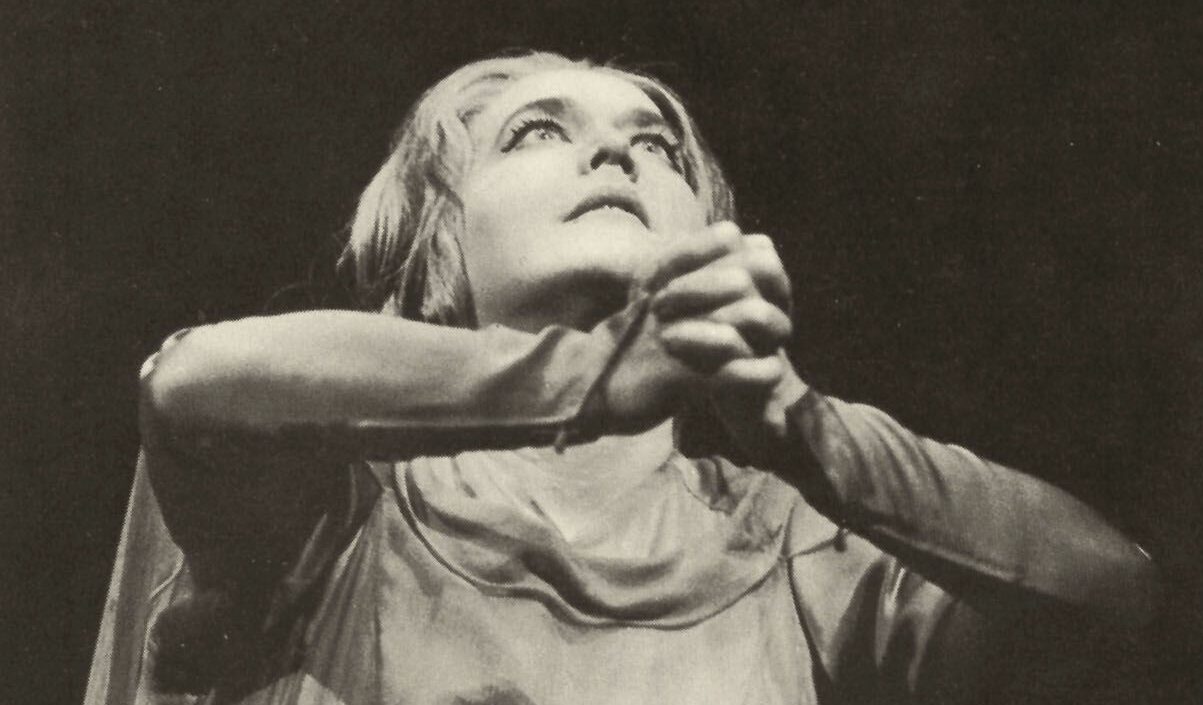
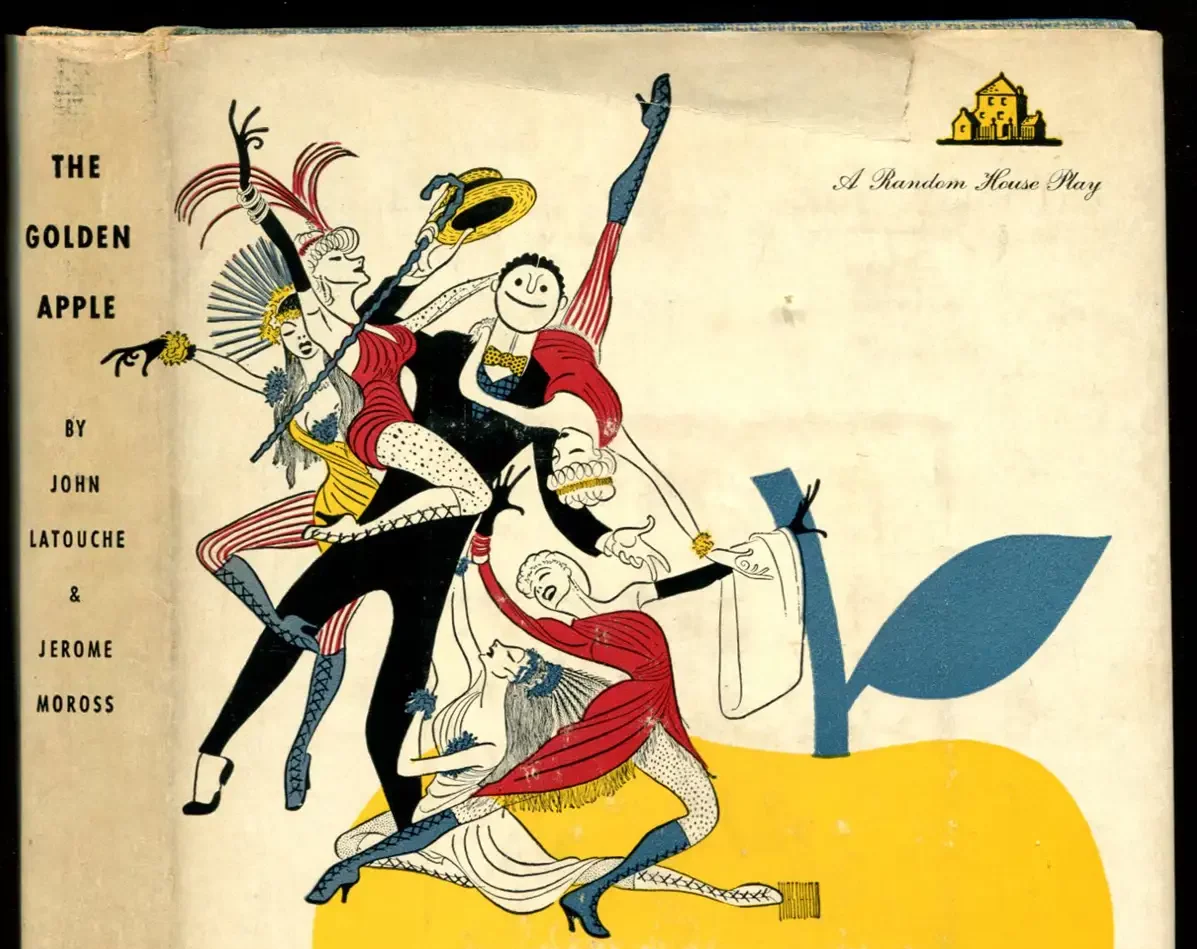
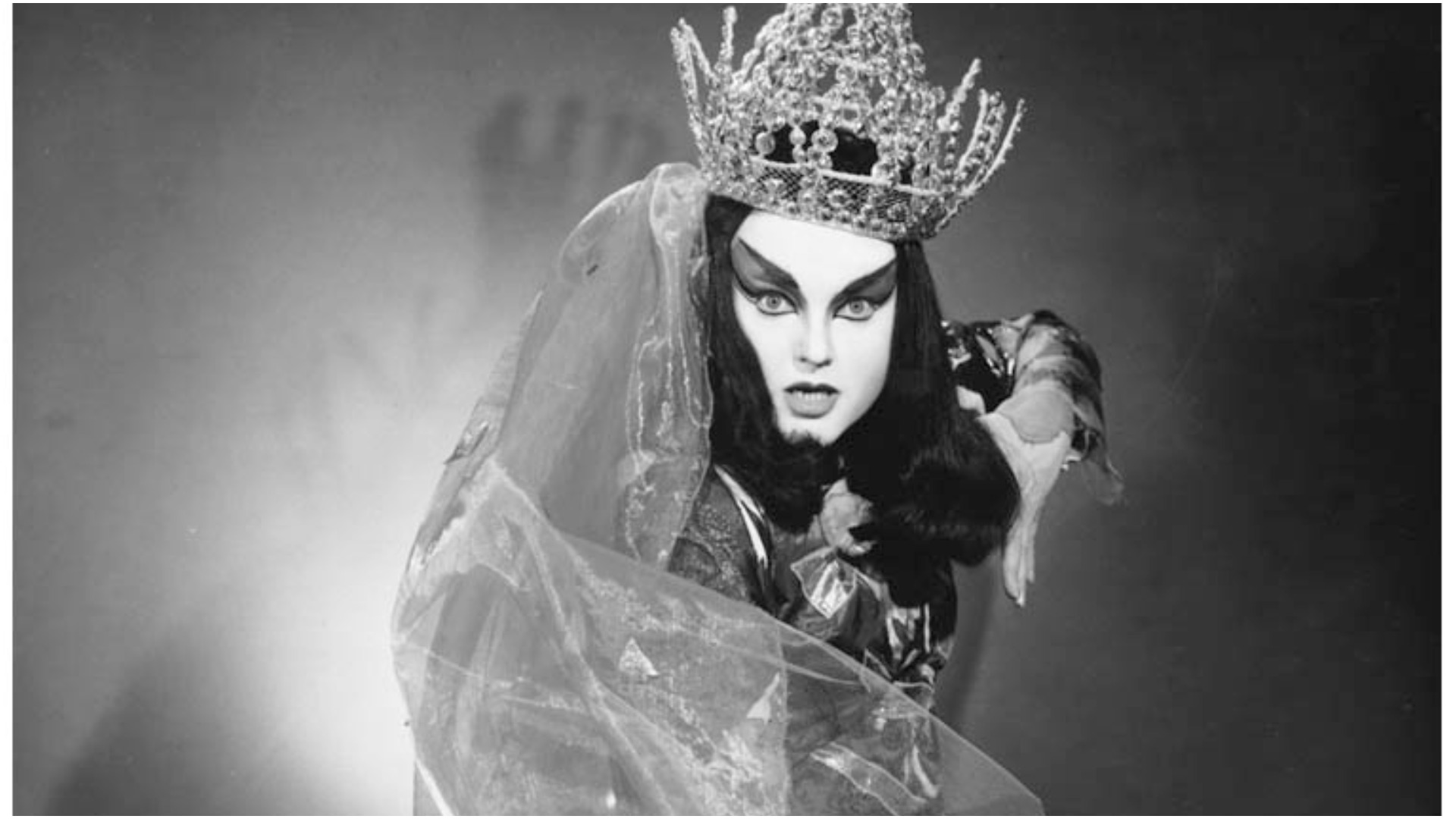
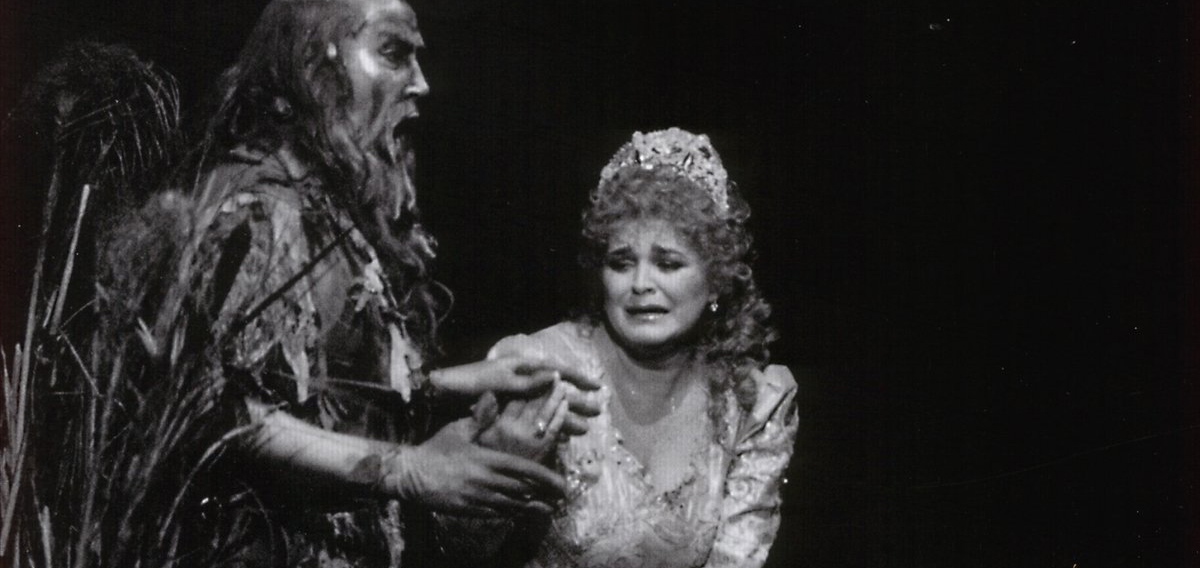

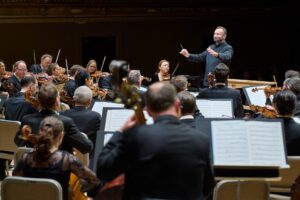
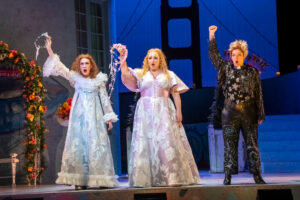
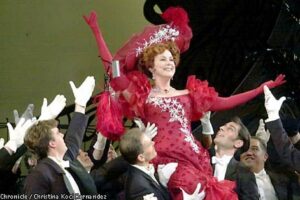
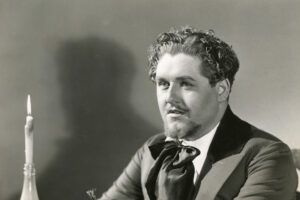

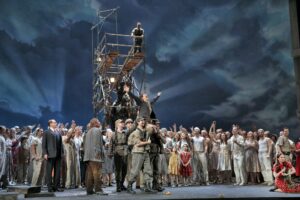
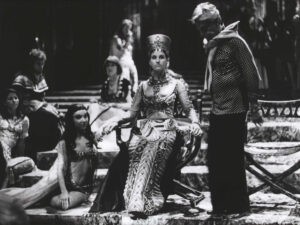




Comments